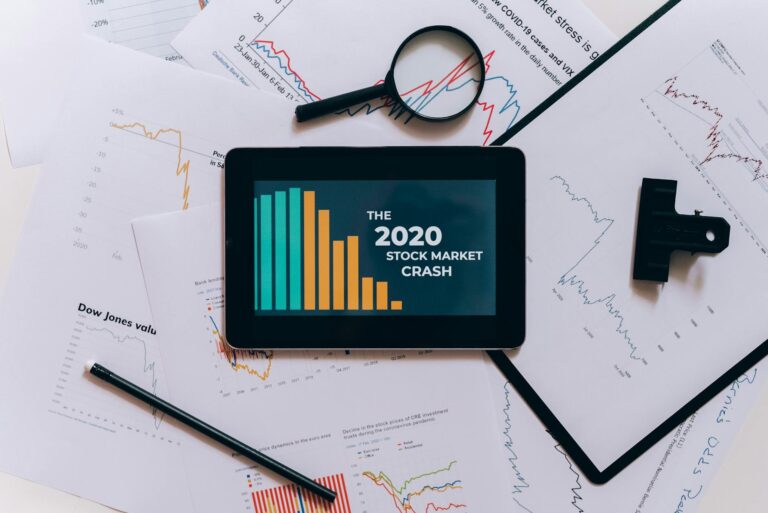Creating a personalized digital health ecosystem can be a powerful tool in managing and preventing dementia. This approach combines advanced technologies like artificial intelligence, wearable devices, and mobile health applications to provide tailored care and support for individuals at risk of or living with dementia.
## Understanding Dementia and Its Challenges
Dementia is a complex condition that affects millions worldwide, causing significant cognitive decline and impacting daily life. The economic burden is substantial, with costs running into billions annually. Traditional care methods often struggle to meet the diverse needs of dementia patients, highlighting the need for innovative solutions.
## Components of a Personalized Digital Health Ecosystem
A personalized digital health ecosystem for dementia management includes several key components:
1. **Data Collection and Analysis**: Wearable devices and mobile apps collect vital health data, such as activity levels, sleep patterns, and cognitive function. This data is analyzed using AI to identify early signs of dementia and monitor disease progression.
2. **Personalized Care Plans**: Based on the collected data, personalized care plans are developed. These plans are tailored to each individual’s needs, incorporating non-pharmacological interventions like cognitive training and lifestyle adjustments.
3. **Real-Time Monitoring and Interventions**: Real-time monitoring allows for immediate interventions when necessary. For example, if a patient shows signs of wandering, caregivers can be alerted to ensure safety.
4. **Digital Biomarkers**: Advanced digital biomarkers help in early detection and diagnosis. These biomarkers can be derived from various data sources, including speech patterns, gait analysis, and cognitive tests.
5. **Patient Engagement and Education**: Educational platforms and mobile apps empower patients and caregivers with knowledge about dementia management. This includes training on using digital tools effectively and understanding the importance of adherence to care plans.
6. **Security and Privacy**: Robust security measures ensure that sensitive health data is protected, maintaining trust in the system.
## Benefits of a Personalized Digital Health Ecosystem
This ecosystem offers several benefits:
– **Improved Outcomes**: Personalized care leads to better health outcomes by addressing specific needs and intervening early.
– **Enhanced Patient Experience**: Patients feel more in control of their health, which can improve mental well-being and reduce stress.
– **Cost-Effective**: By reducing the need for hospitalizations and improving disease management, costs associated with dementia care can be lowered.
– **Increased Accessibility**: Digital solutions make healthcare more accessible, especially for those in remote areas or with mobility issues.
## Future Directions
The future of dementia care is likely to see even more integration of technologies like AI, IoT, and telemedicine. These advancements will further enhance the ability to provide personalized care, improve early detection, and support independent living for dementia patients.
In conclusion, a personalized digital health ecosystem is a powerful tool in the fight against dementia. By leveraging technology to provide tailored care and support, we can improve the quality of life for individuals affected by this condition.





